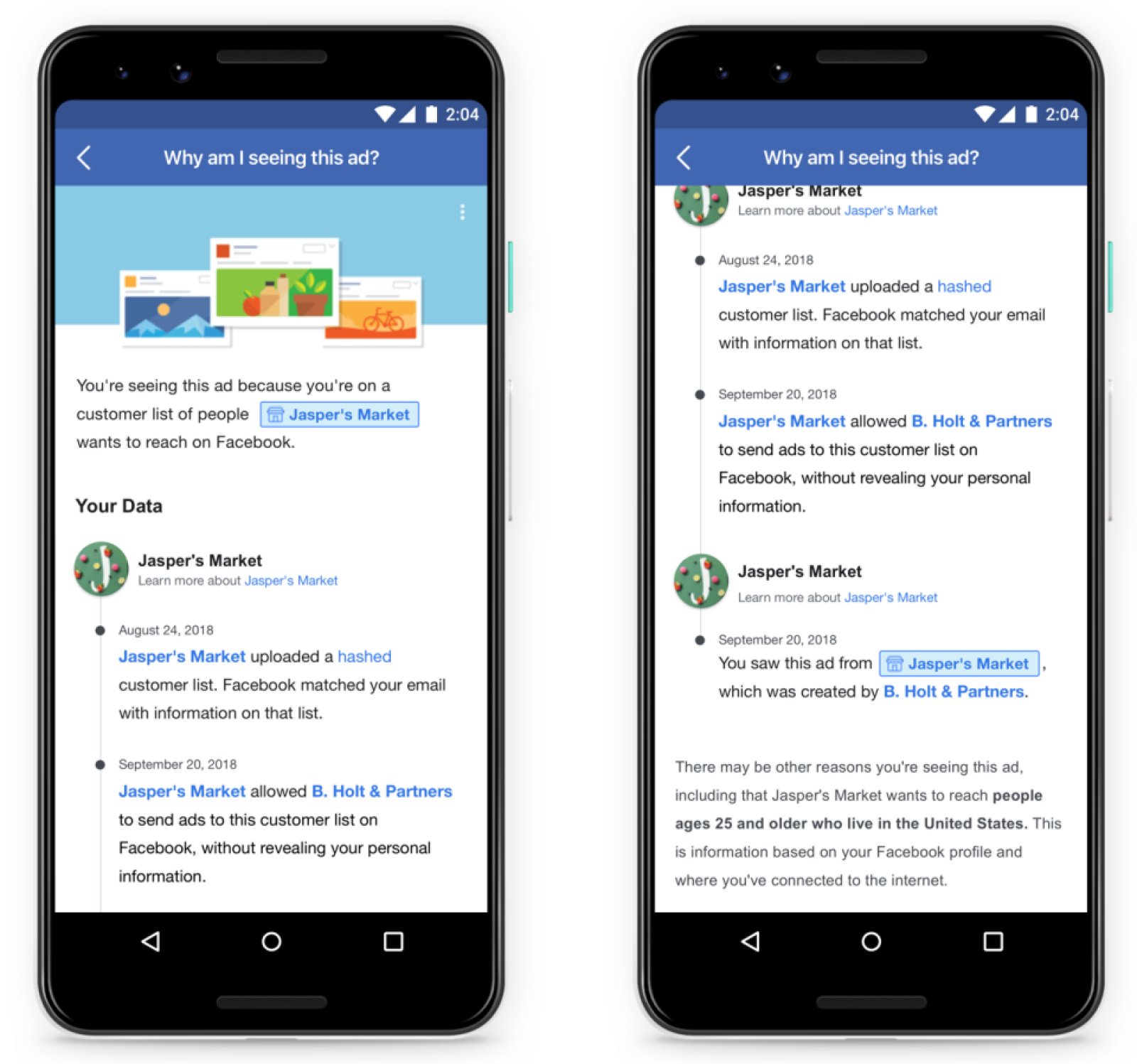Keep an eye on your third parties, because otherwise…
540 million Facebook profiles have been stored openly on AWS by Cultura Colectiva. Right okay… there are multiple organisations at fault here, but look at it in this order:
- Cultura Colectiva are a digital media publisher based in Mexico. They publish content for Latin American audiences.
- They would not be able to create and publish content this attractive to their target audience unless they had a huge bucket of consumer data from which to harvest ideas. But where to find such a bucket?
- Ding ding ding, yes it’s Facebook. Ha, who knew…
Essentially what Cultura Colectiva did was store 146gb of information including user IDs, likes, comments, and account names, just openly on the internet like it’s no big deal. So yes, that was very wrong of them. However, lest we forget who made this all possible: Facebook. Cultura Colectiva would not have ever gotten their hands on this much user data if it wasn’t for Facebook being so generous in dishing it out. So thanks guys, you’re really working well together.
Oh no, a blimp. What’s the world coming to?
Listen, if you saw this video and thought it was real, I don’t blame you. I mean, why wouldn’t Amazon have a giant blimp in the sky releasing delivery drones? If you look at it from their perspective, it’s actually a good idea and it makes sense. It’s efficient, and more environmentally friendly than using large carbon-burping road vehicles.
The people on Twitter calling this “borderline dystopian” are annoying and wrong and here’s why:
- You can’t be borderline dystopian if you’re already there. Do you really think this is the worst thing that Amazon could do? This blimp, which is not even real, is relatively good for Amazon.
- I feel that many people, especially since that whole Gatwick thing, still hold the view that drones are just bad, and this is likely linked to surveillance paranoia. Don’t worry pal, Amazon have been spying on you for years without the use of a giant, obvious, branded, balloon in the sky…
- It is very much not useful to fixate on an imagined - but very believable - ‘dystopian’ vision like this; a Gizmodo article described this as ‘terrifying as hell’. No, stop being scared of the wrong things.
This useless, superficial, scare-mongering chattery is distracting the average consumer from understanding how companies like Amazon have been systematically gathering and processing data on us for over a decade now. Anyone can do a blimp, but can anyone guess that you’re pregnant from how your browsing habits have changed?
Ugh, WHY am I seeing this?
Facebook are sort of throwing us a bone right now with a ‘why am I seeing this’ button on newsfeed ads. This timing makes sense, considering most Facebook users right now are probably itching for even a tiny bit of transparency. But will this make any difference to anything?
Yes, because:
- It’s useful and interesting to see why you get ads for certain things. You can relish in how wrong they were about what you like, or cower in terror about how well they seem to know you
- E.g. I just got a Betfair ad on my newsfeed. Facebook said this might be because I have a Betfair account and/or am over 18. I don’t have a Betfair account but I am over 18. I guess everyone of legal gambling age should want to gamble, right? Well done Facebook, great targeting. (Also I have a gambling addiction cough).
- People will sort of get a better understanding of why they are served such ads and see that things like relationship status and activities outside of Facebook play a part in what ads they see

No, because:
- As you can see from the above screenshot, it says, “Jasper’s Market allowed B. Holt & Partners to send ads to this customer list on Facebook, without revealing your personal information”. Thank you, wow, you did not reveal my personal information. That is the exact minimum that I expect from you.
- Facebook can leverage this new feature with more misleading language. Of course they don’t reveal your personal information, that would be plain wrong (though they have in the past). This distracts us from understanding that you can paint a very accurate picture of someone without personal information, and extract a lot of value from that.
- This is a really good way of making us feel like we have more control as users. This feature does give some control, but I question how valuable it is. It’s a bit like having a fence that you can’t climb over but you’re suddenly allowed to decide what colour it is…
So yes, this new feature is sort of a good thing because a bit more transparency from Facebook is well overdue. But don’t mess yourself just yet, because quite frankly this is the least they can do.
